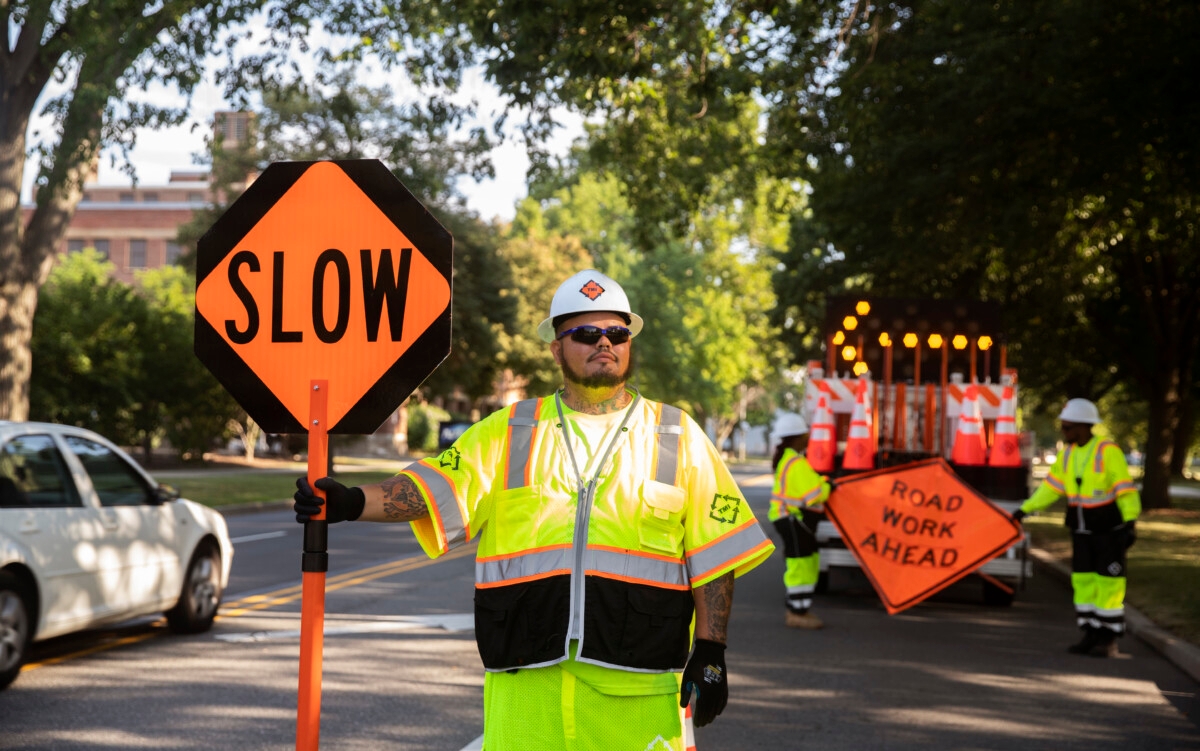The tech world has been buzzing for a month about Google Plus, the social network that is challenging Facebook for supremacy over our likes, shares, and attentions. While social may be the present and future of Google, something that has been the past, present, and future has changed and points to a change in the way that Google is doing business.
Google Places has been a valuable asset for a while. It gives more data about local businesses than many businesses post themselves on their own websites. One portion of Places that has always been appealing is the combined reviews aspect. Until today, you could go to Google and see reviews posted to various sites across the web like Yelp, TripAdvisor, DealerRater, and other places where people post their thoughts about businesses.
Today, Google took back most of the real estate they had given to these sites, showing only Google reviews inline on the page with links to the 3rd-party sites written in as a footnote on the bottom (and occasionally top) of the Places page for a business.
The unofficial word from a contact at Google is that, “We’ve been toying around with it for a while. You’d be shocked at the feedback we’ve received from people saying that the review sites were being artificially inflated, at times coming from the artificial inflaters themselves. It was getting out of hand and we had to make a change.”
While this source is impeccable, it doesn’t hurt that there are obvious reasons why Google wouldn’t necessarily cringe at taking more control over their own page.
The obvious “why” is obvious
One of Google’s primary functions is to control the flow of traffic. Websites live or die based upon the traffic the Google sends them, making rankings in the various elements of search extremely important to many. Google Places is growing as a point of traffic distribution, particularly for mobile searches.
We can search for “Thai Restaurants” and get map listings presented to us on our phones and tablets while we’re out on the road. For many, the standard process is to find local ones, click on the Google Places page to find directions, hours, and review sites, and then click to the review sites to see whether or not the food is supposed to be good.
This change keeps people on the Places page. It allows them to not only read reviews, but also makes it easier to post reviews and pictures while we’re experiencing what the business has to offer.
By keeping them on Google, a few things are accomplished. The obvious notion is that the more time people spend on Google and start using the various services (such as reviews), the more money Google can make. On the not-so-obvious side, there are factors that have also gone into this decision. Quality is one of them. Google can better-combat the increases in review-faking when the reviews are home-grown. They have no way to know if this review site or that review site is watching IP, looking for suspicious behavior, allowing users to post multiple reviews about the same business, etc.
Another not-so-obvious reason is consistency and lack of duplication. Someone who isn’t necessarily trying to “game the system” may feel very strongly about a business and post different positive or negative reviews on various sites because of their desire to get the word out. Depending on who they are or how they operate, these individuals may even use different user names, making it possible for one person to double or triple their influence over a business’ reviews.
As for consistency, there is no way to account for one site marking 4-stars as “Great” and 5-stars as “Superb” versus another site saying that 4-stars are “Good” and 5-stars are “Great”.
In the end, it comes down to one thing that is obvious once you realize it but oddly not being discussed much on forums and blogs talking about the issue… Continue to Page 2




GIPHY App Key not set. Please check settings
5 Comments